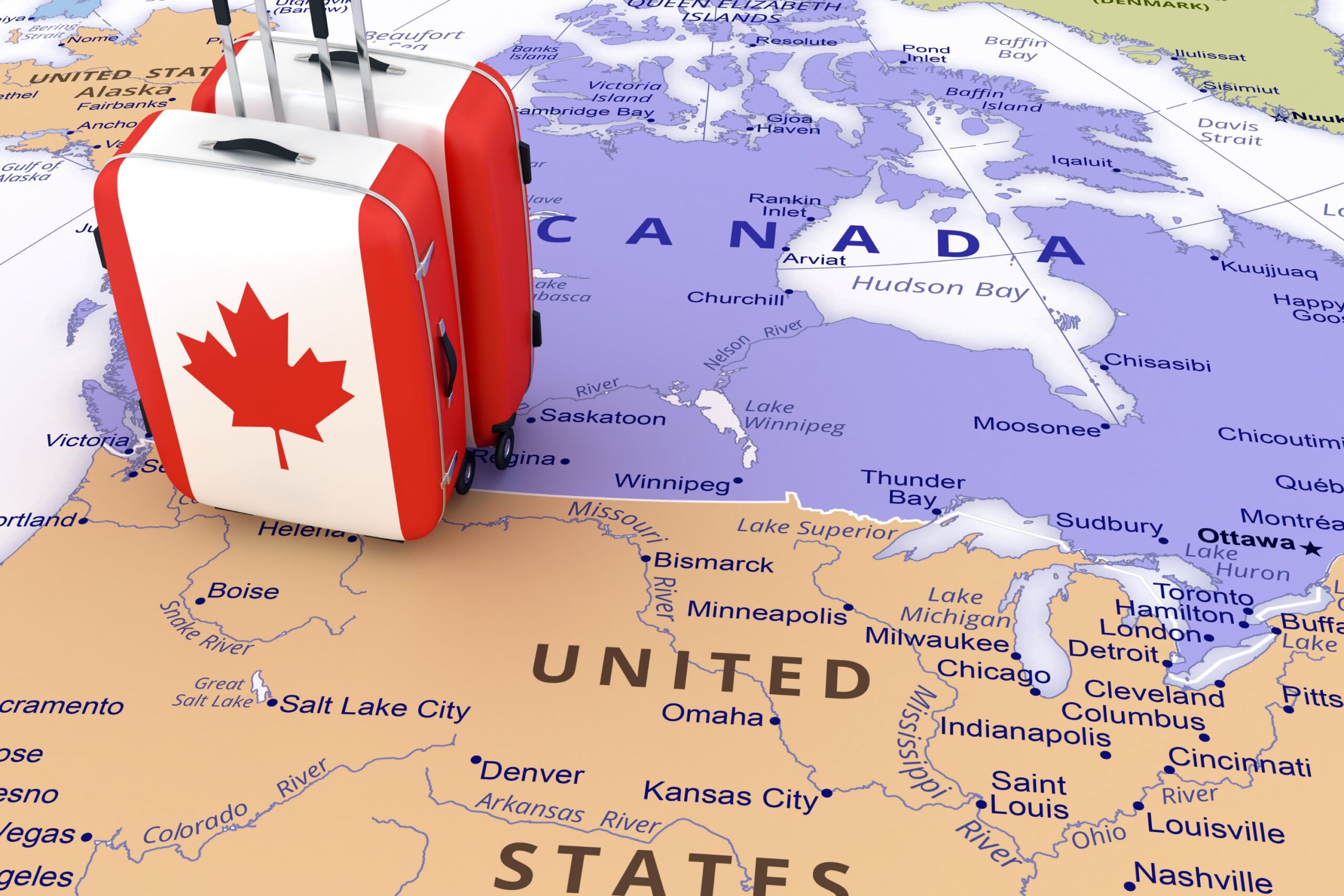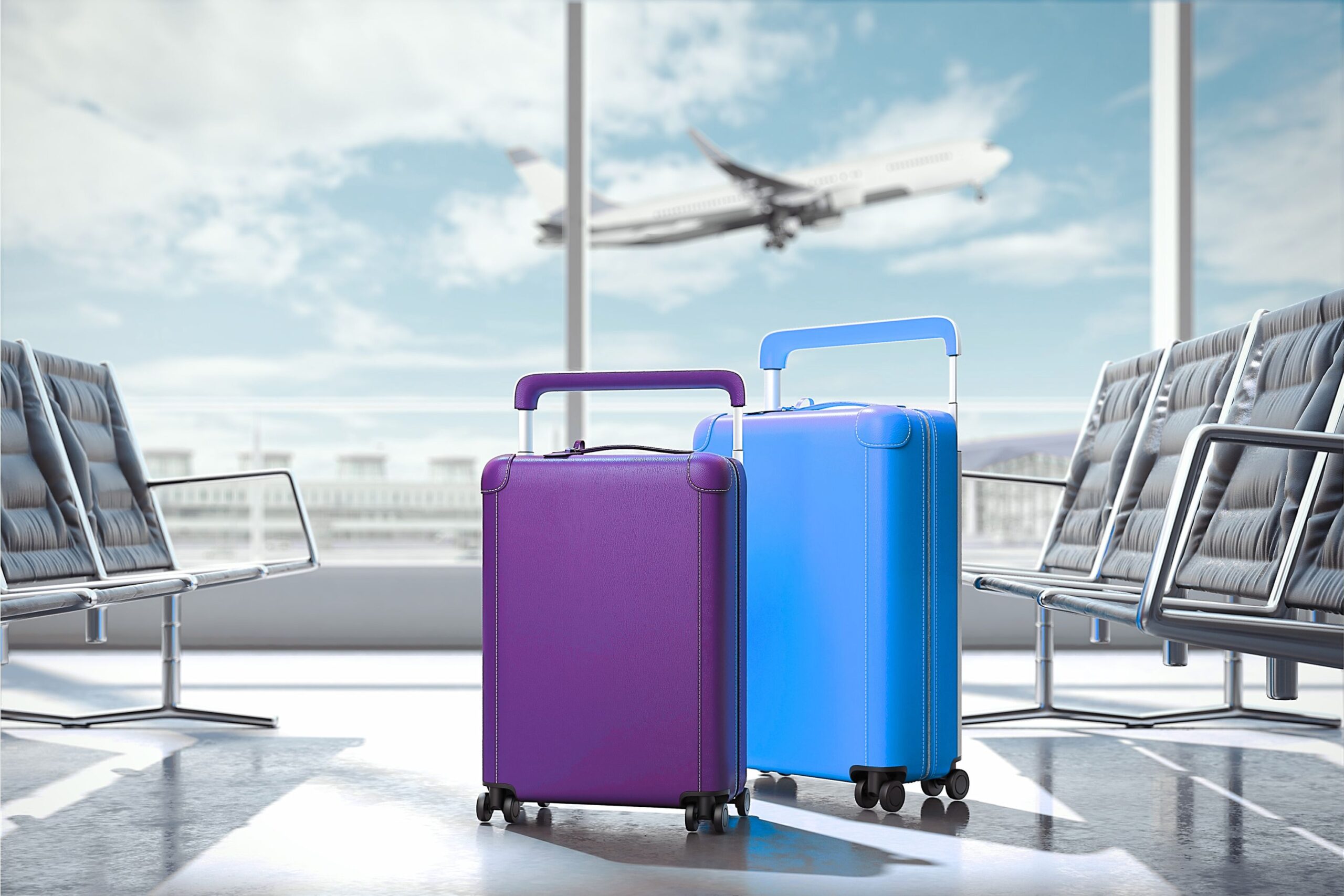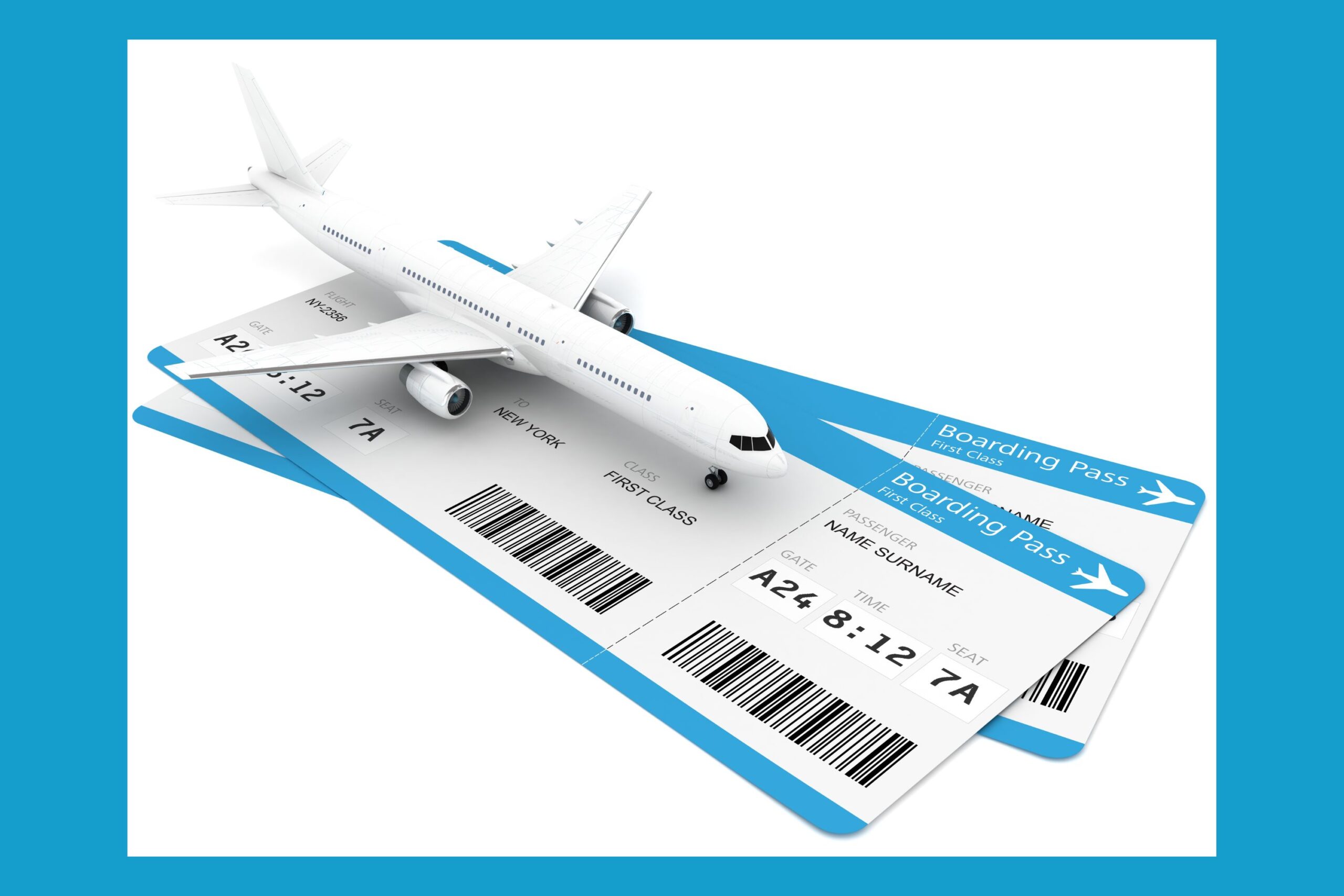As neighbors sharing the world’s longest undefended border, the United States and Canada have strong ties and frequent cross-border travel. Whether you’re heading to Canada for a vacation, business trip, or to visit friends and family, knowing the basic entry requirements is crucial for a smooth and hassle-free border crossing experience. In this blog, we’ll guide you through the essential requirements you need to meet when entering Canada from the United States.
1. Valid Travel Documents
Before even thinking about crossing the border, ensure you have the necessary travel documents:
- Passport: A valid U.S. passport is required for entry into Canada by land, air, or sea. Ensure it’s not expired and has the required validity period.
2. Visa and eTA
In most cases, U.S. citizens do not need a visa to enter Canada for short visits, such as tourism or business meetings. However, as of March 15, 2016, U.S. citizens must have an Electronic Travel Authorization (eTA) if traveling to Canada by air. This is an online entry requirement that must be completed before boarding your flight.
- eTA: Apply for an eTA online, and it’s linked electronically to your passport. It’s valid for up to five years or until your passport expires, whichever comes first.
3. COVID-19 Considerations
In light of the ongoing pandemic, additional requirements may be in place to protect public health:
- Vaccination and Testing: Check the latest guidelines for COVID-19 vaccination and testing requirements before traveling. As of my last update in September 2021, these requirements were subject to change based on the evolving situation.
4. Proof of Financial Support
It’s a good practice to have proof of sufficient funds to cover your expenses during your stay in Canada. This can include bank statements, credit cards, and any other financial resources you have.
5. Purpose of Visit
Be prepared to explain the purpose of your visit to the Canadian border officials. This could be for tourism, business, family visits, or other legitimate reasons. Having supporting documents like hotel reservations or business meeting details can be helpful.
6. Criminal Record and Admissibility
Having a criminal record, including driving under the influence (DUI) convictions, could affect your eligibility to enter Canada. If you have a criminal record, it’s advised to contact the nearest Canadian embassy or consulate to determine if you’re admissible and, if necessary, apply for a Temporary Resident Permit.
7. Customs Declarations
When entering Canada, you’ll need to complete a CBSA Declaration Card, which is usually provided on the plane or at the border. Declare all items you’re bringing into the country, including gifts, purchases, and currency exceeding a certain amount.
Conclusion
Traveling from the United States to Canada offers a gateway to beautiful landscapes, diverse cities, and unique cultural experiences. Ensuring you meet the basic entry requirements is essential for a seamless border crossing. Before you embark on your journey, take the time to review the latest regulations, COVID-19 guidelines, and any updates from official government sources to ensure a smooth and enjoyable visit to the Great White North.




